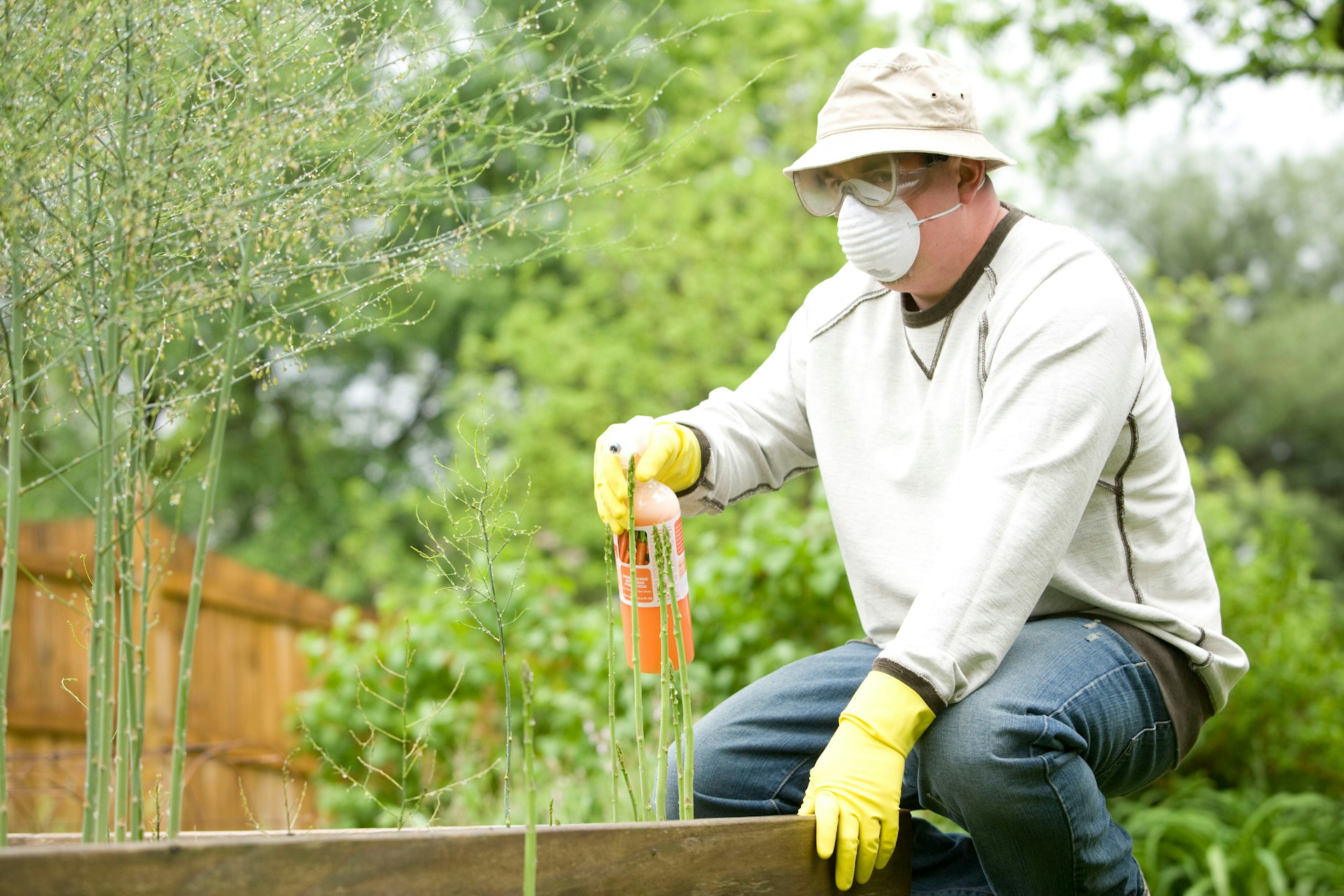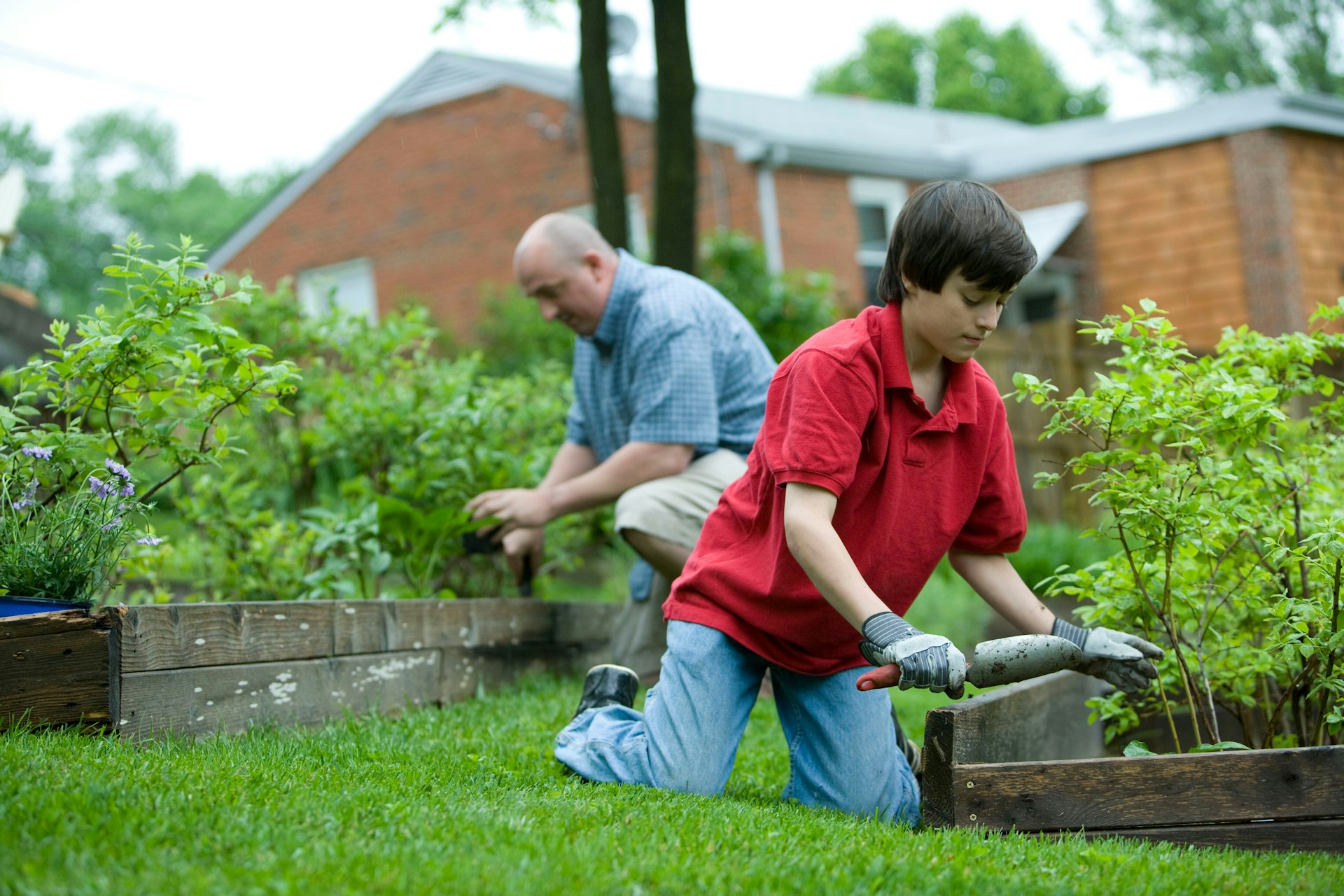10 Common Gardening Mistakes You're Unknowingly Doing & 10 Tips To Help You Improve
10 Common Gardening Mistakes You're Unknowingly Doing & 10 Tips To Help You Improve
Are you a newbie in the garden? If you're looking to start building the most beautiful garden, hold on - we have some tips we want to share with you. Gardening is a relaxing hobby many people enjoy, but it's a bit more complex than you may imagine. There are a lot of important steps you have to remember if you want your plants to grow up healthy! To help you get started, here are 10 common gardening mistakes to avoid & 10 tips to help you improve.
1. Overwatering
While yes, water is important for a plant's growth and survival, overwatering is actually a major mistake people unknowingly make that can lead to root rot and fungal diseases. Many gardeners don't realize that too much water is just as harmful as too little; it deprives roots of oxygen and encourages unhealthy plant growth.
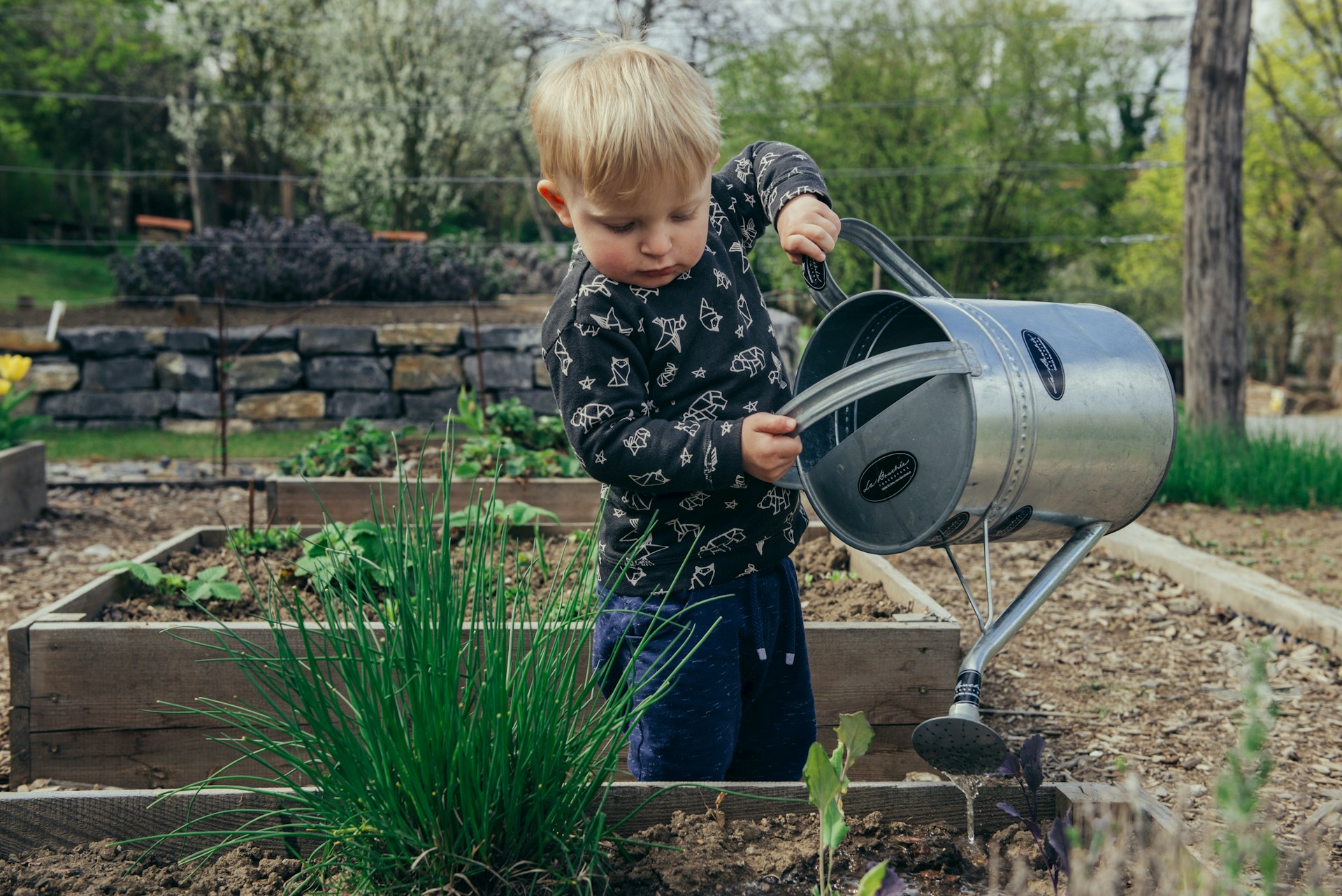 Photo by Filip Urban on Unsplash
Photo by Filip Urban on Unsplash
2. Underwatering
On the opposite end of the spectrum, underwatering should also be avoided. It stresses plants and leads to poor growth and yield. It's crucial that you understand the water needs of specific plants because different plants require different amounts of moisture to thrive.
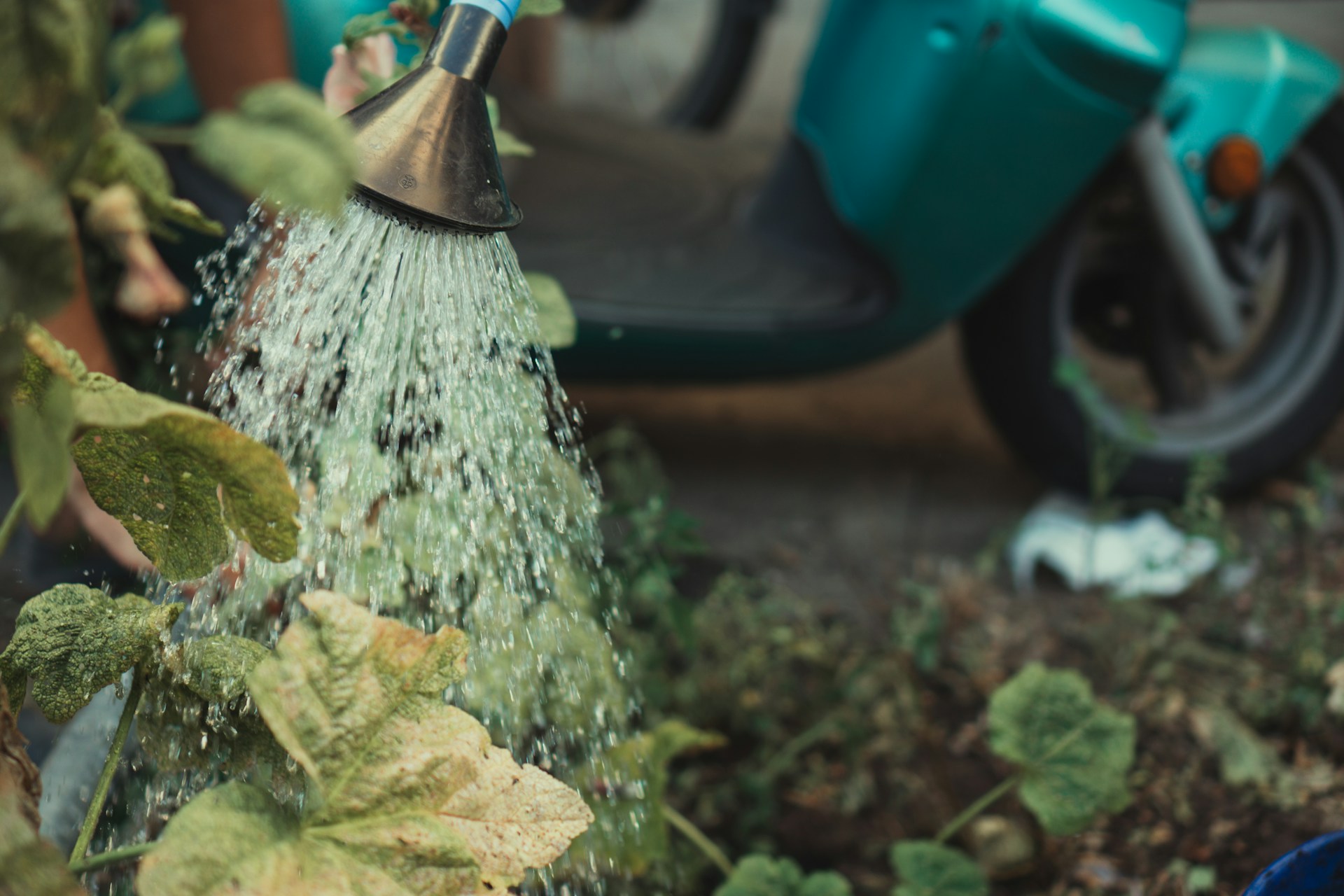 Photo by Jonathan Kemper on Unsplash
Photo by Jonathan Kemper on Unsplash
3. Ignoring Soil Health
It's not just about the plant itself, the soil is just as important! Neglecting soil health can severely impact plant growth; soil that lacks essential nutrients or has poor structure hinders root development and nutrient uptake, leading to unhealthy plants.
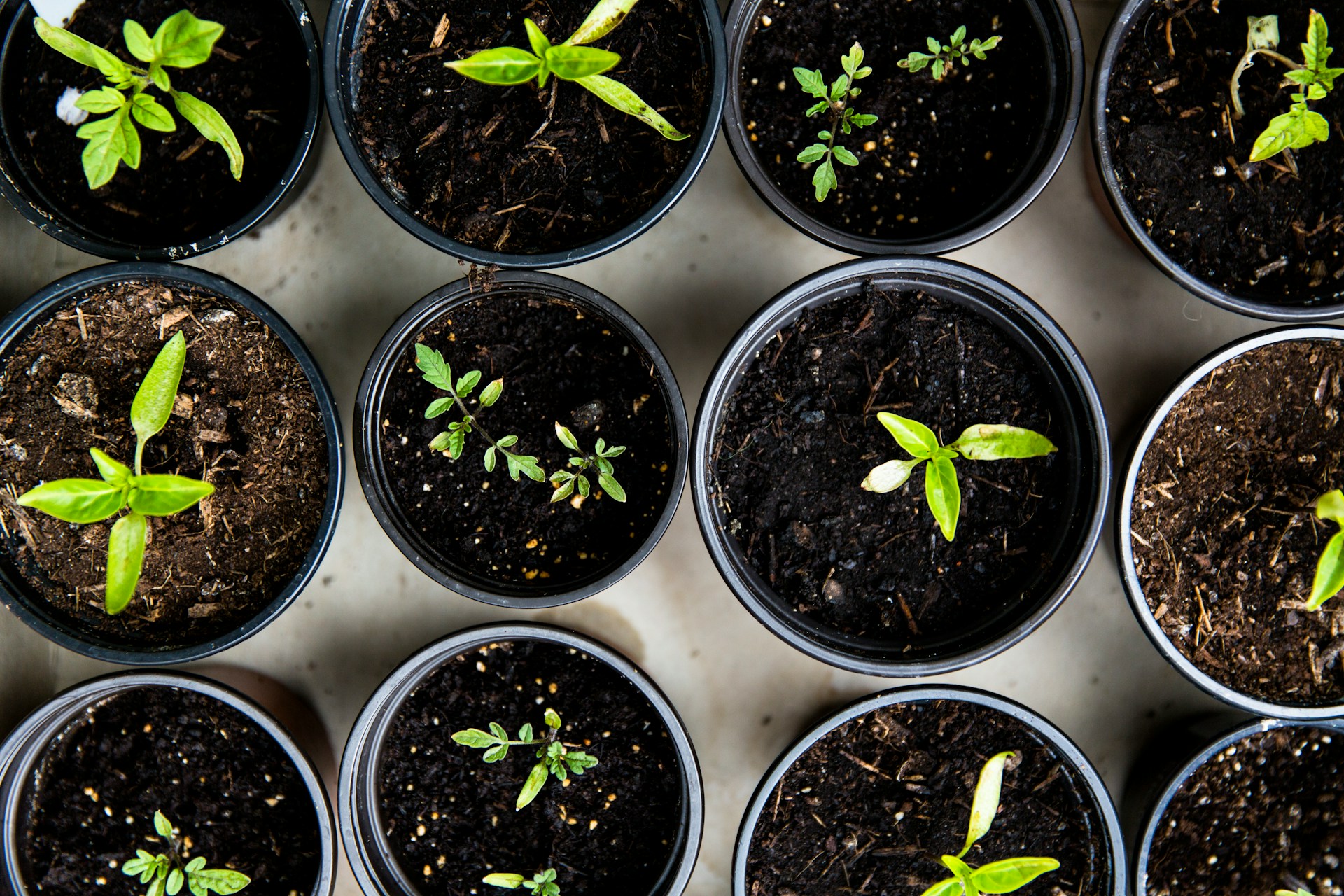 Photo by Markus Spiske on Unsplash
Photo by Markus Spiske on Unsplash
4. Planting in the Wrong Spot
There are probably more things you need to consider than you may have initially believed - for one, not considering a plant's light, soil, and space requirements is a quick way for the plant to have poor growth or fail completely. Full-sun plants won't perform well in shade, and vice versa. Understanding the needs of your plants is the key to success after all.
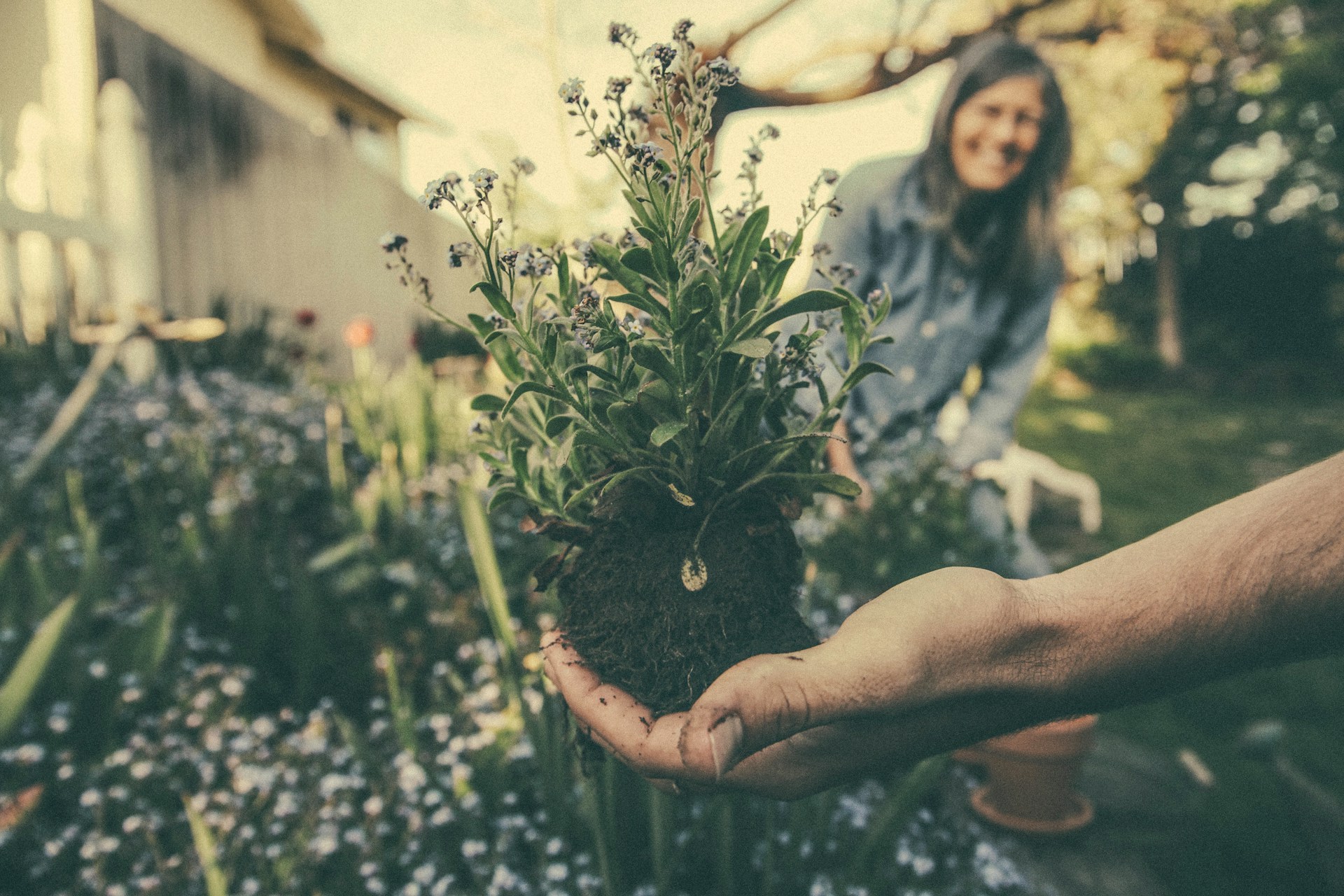 Photo by Benjamin Combs on Unsplash
Photo by Benjamin Combs on Unsplash
5. Overcrowding Plants
Planting too closely can lead to competition for light, water, and nutrients, as well as increased susceptibility to diseases and pests. Proper spacing according to the plant's mature size promotes healthy growth and air circulation.
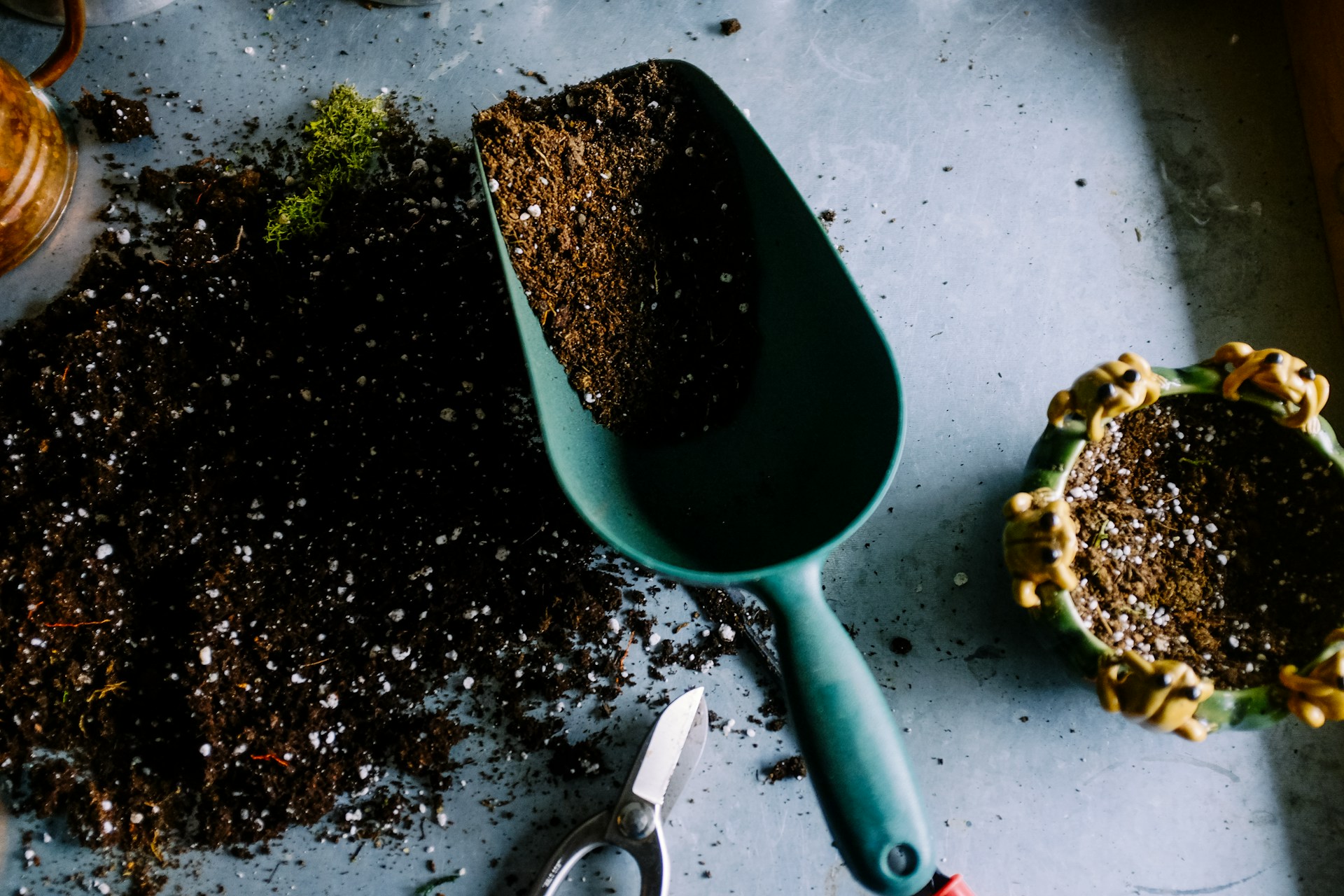 Photo by Neslihan Gunaydin on Unsplash
Photo by Neslihan Gunaydin on Unsplash
6. Neglecting Weeds
Weeds are frowned upon for a reason! They compete with your plants for nutrients, water, and light. If you neglect to control weeds in your garden, they'll make it difficult for your plants to thrive.
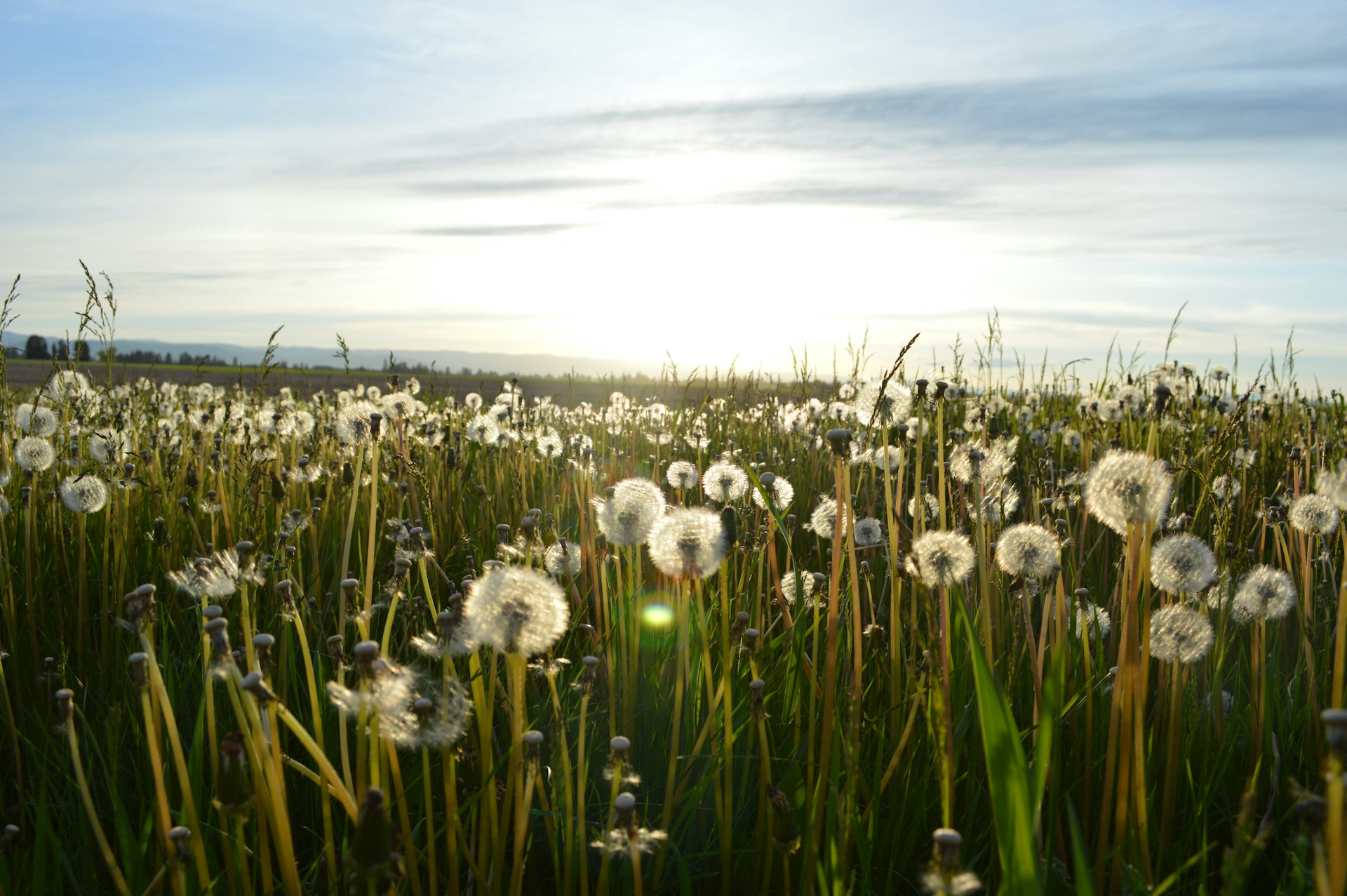 Photo by Jason Long on Unsplash
Photo by Jason Long on Unsplash
7. Improper Fertilization
Although you may think fertilizing can do no harm, over-fertilizing can burn plant roots and leaves while under-fertilizing can result in poor growth and yield. It's important that you follow the recommended rates and types of fertilizer for your specific plants.
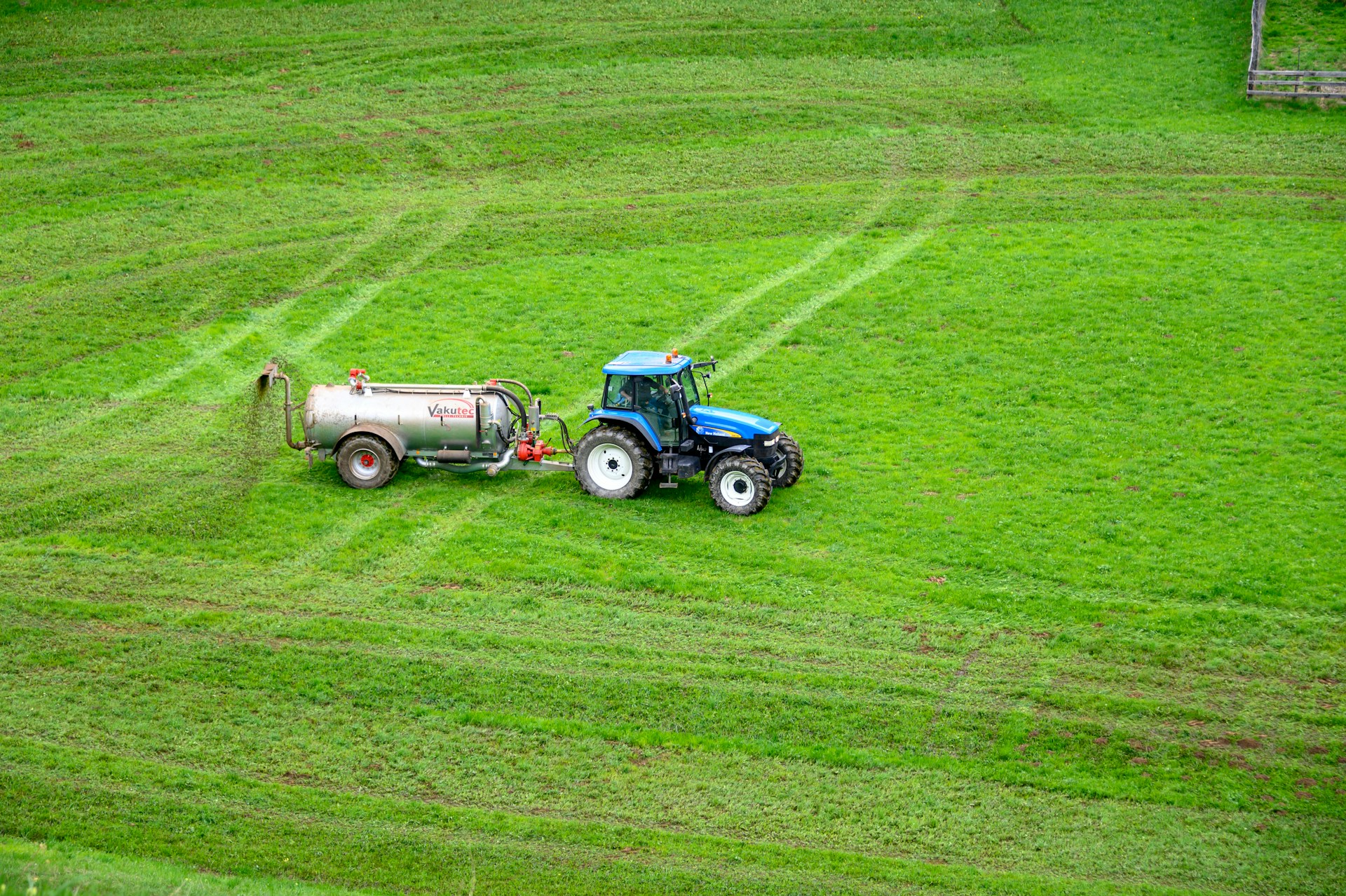 Photo by Etienne Girardet on Unsplash
Photo by Etienne Girardet on Unsplash
8. Ignoring Pests and Diseases
You always need to keep a close eye on the state of your plants; failing to regularly inspect them for pests and diseases is one easy way significant damage can be dealt. Early detection is crucial for effective management, and it's the only way to prevent it from spreading to other plants.
9. Pruning at the Wrong Time
You can't just prune to your heart's content! Incorrect pruning times can inhibit both flower and fruit production, and can cause unnecessary stress to your plants. It's vital that you understand the best pruning times for each of your plant species in your garden - it may be different for each one!
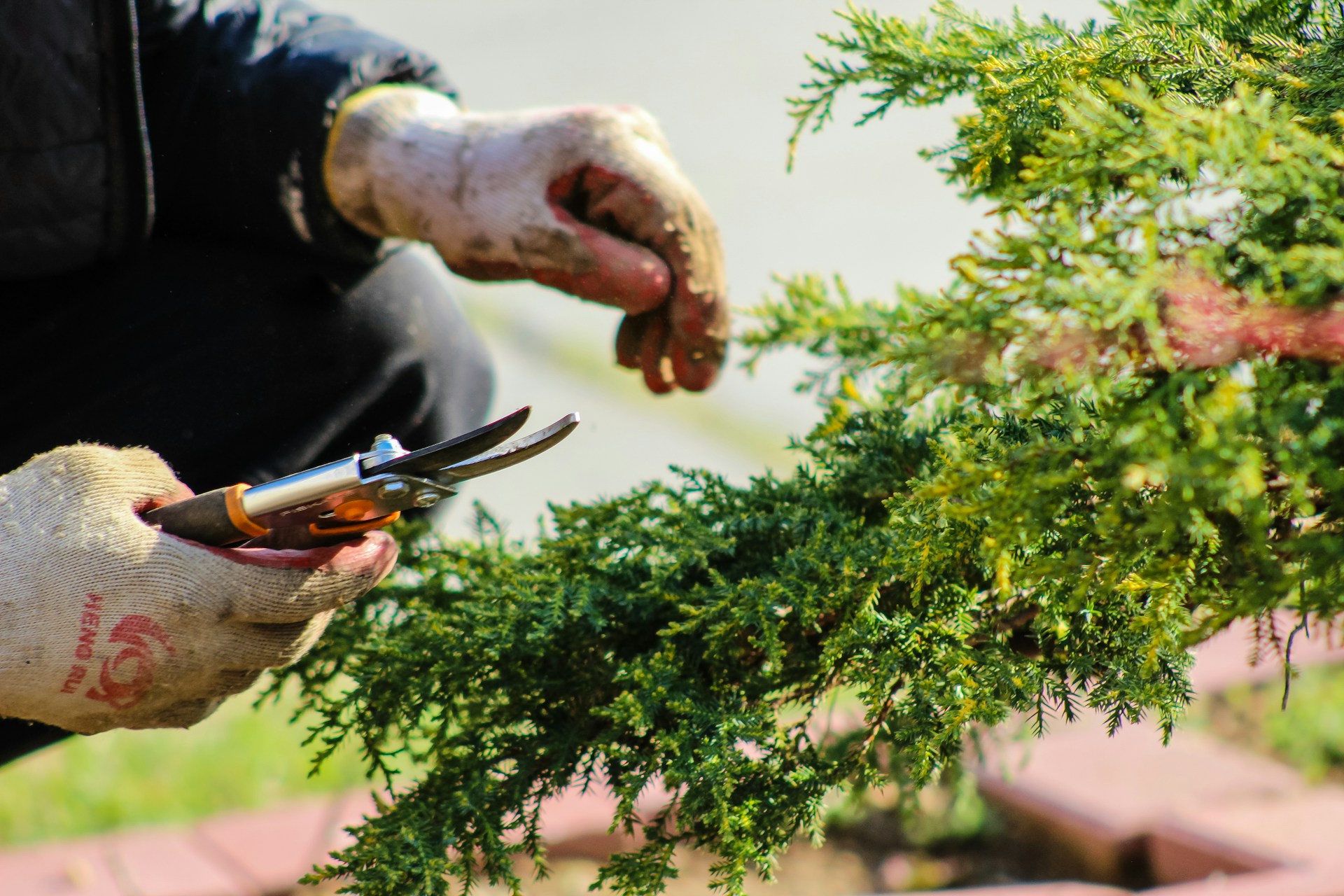 Photo by Crystal Jo on Unsplash
Photo by Crystal Jo on Unsplash
10. Lack of Mulching
Skipping mulch can lead to moisture loss, temperature fluctuations, and weed problems. Mulch helps retain soil moisture, regulate soil temperature, and suppress weed growth, contributing to a healthier garden environment. Don't knock its importance!
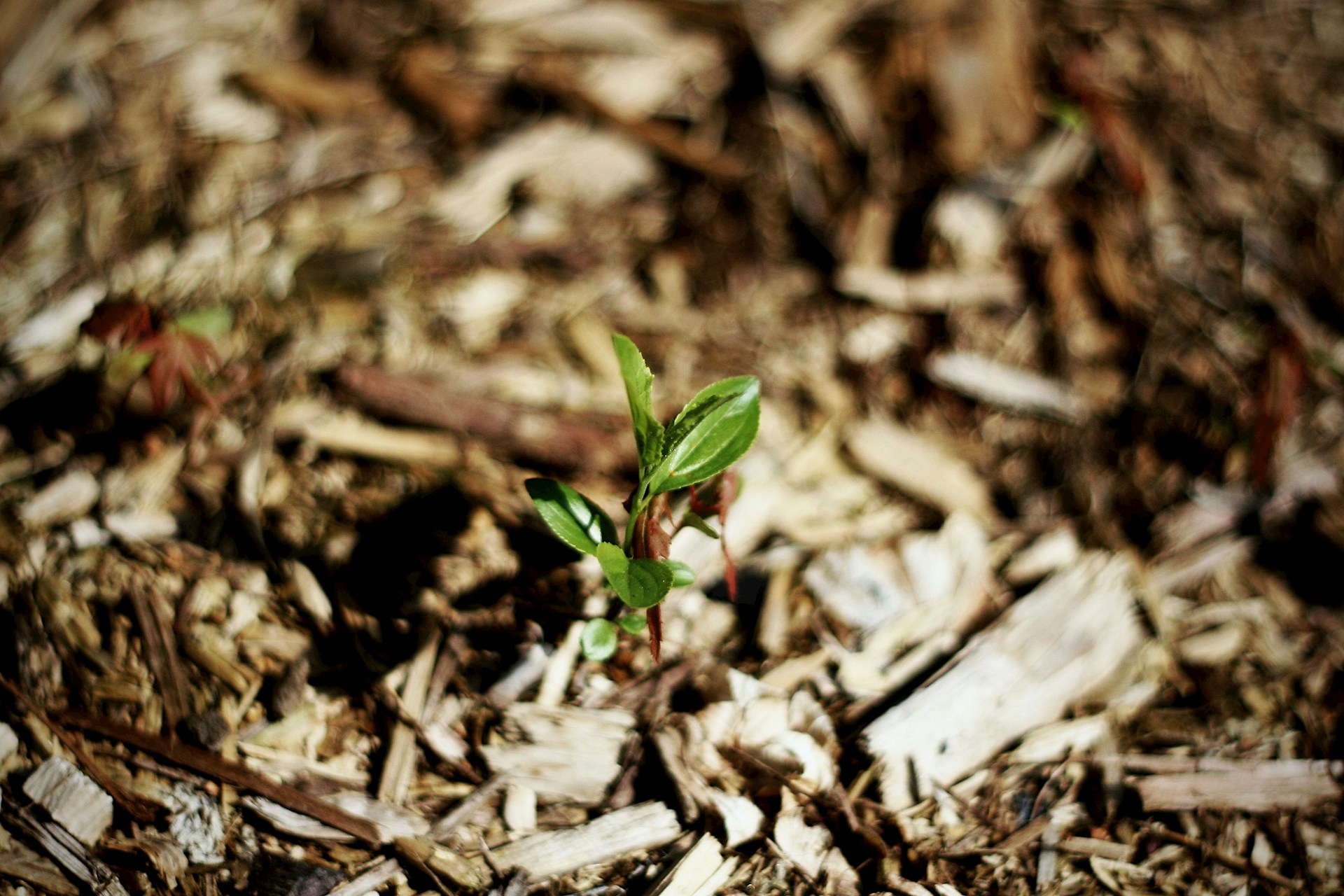 Photo by Maddy Baker on Unsplash
Photo by Maddy Baker on Unsplash
1. Start with a Plan
Before you even start planting, it can be very helpful if you create a game plan. You should build a garden layout that considers the sunlight, soil type, and water availability required for each plant species. Planning also helps ensure that plants with similar needs are grouped together, making care easier and more efficient too.
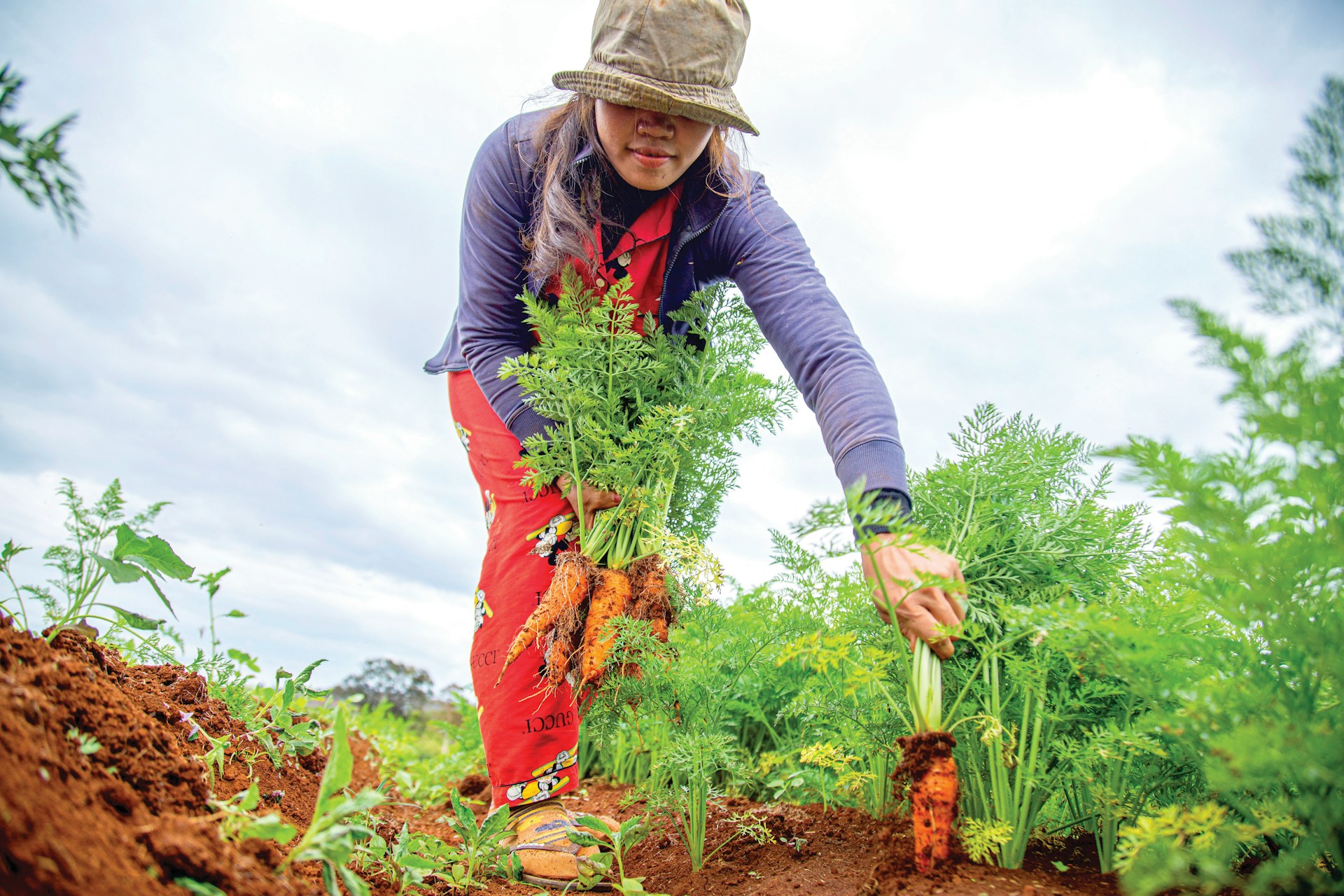 Photo by Ny Menghor on Unsplash
Photo by Ny Menghor on Unsplash
2. Test Your Soil
Start from the foundation; understanding your soil's pH and nutrient levels is necessary if you want your plant to be healthy and grow. Soil tests can guide you in caring for your soil correctly, ensuring your plants will get the proper nutrients it needs.
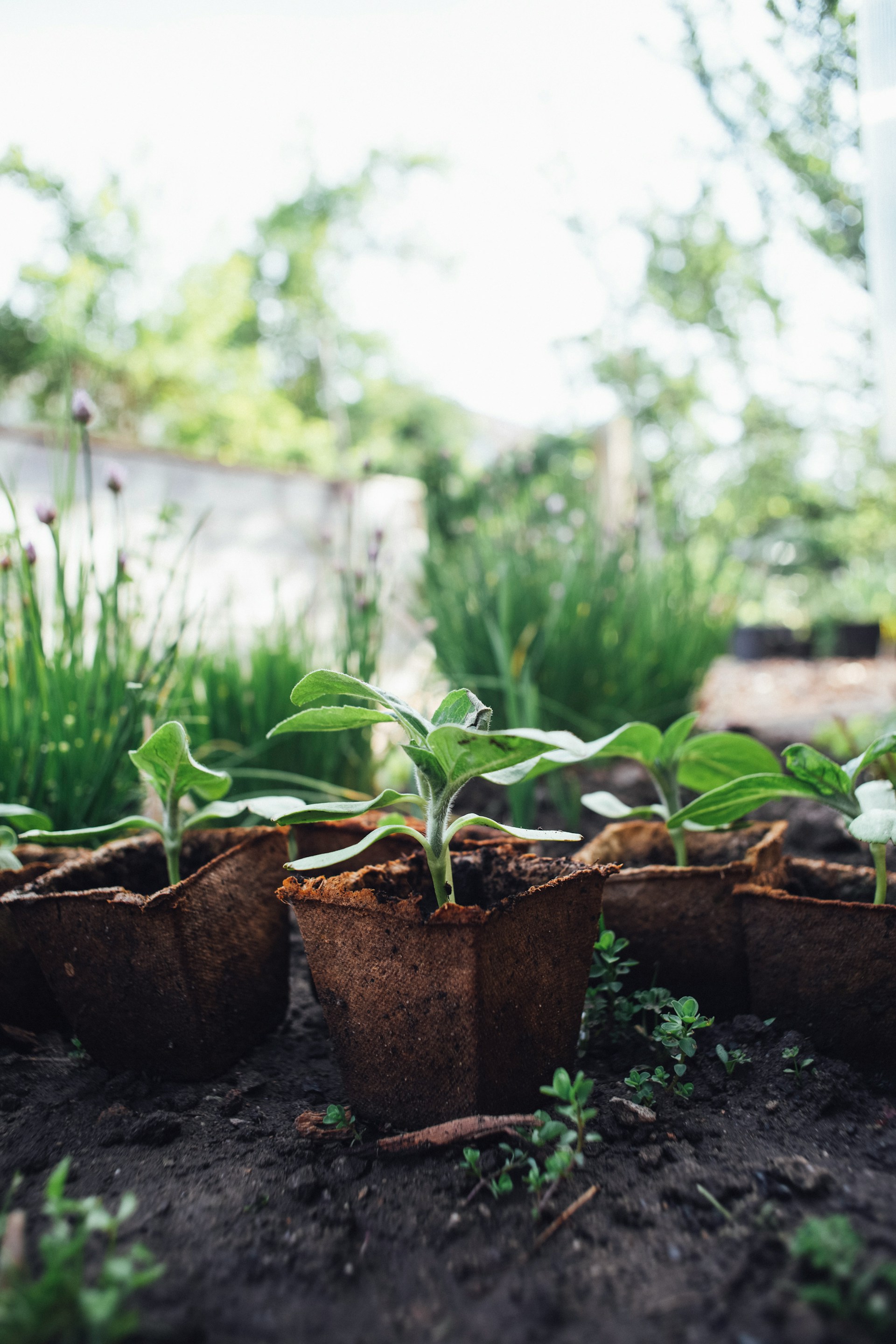 Photo by Markus Spiske on Unsplash
Photo by Markus Spiske on Unsplash
3. Choose the Right Plants
Select plants that are well-suited to your climate, soil, and sunlight conditions. Native plants or those adapted to your area's conditions will grow more vigorously and be more resistant to pests and diseases.
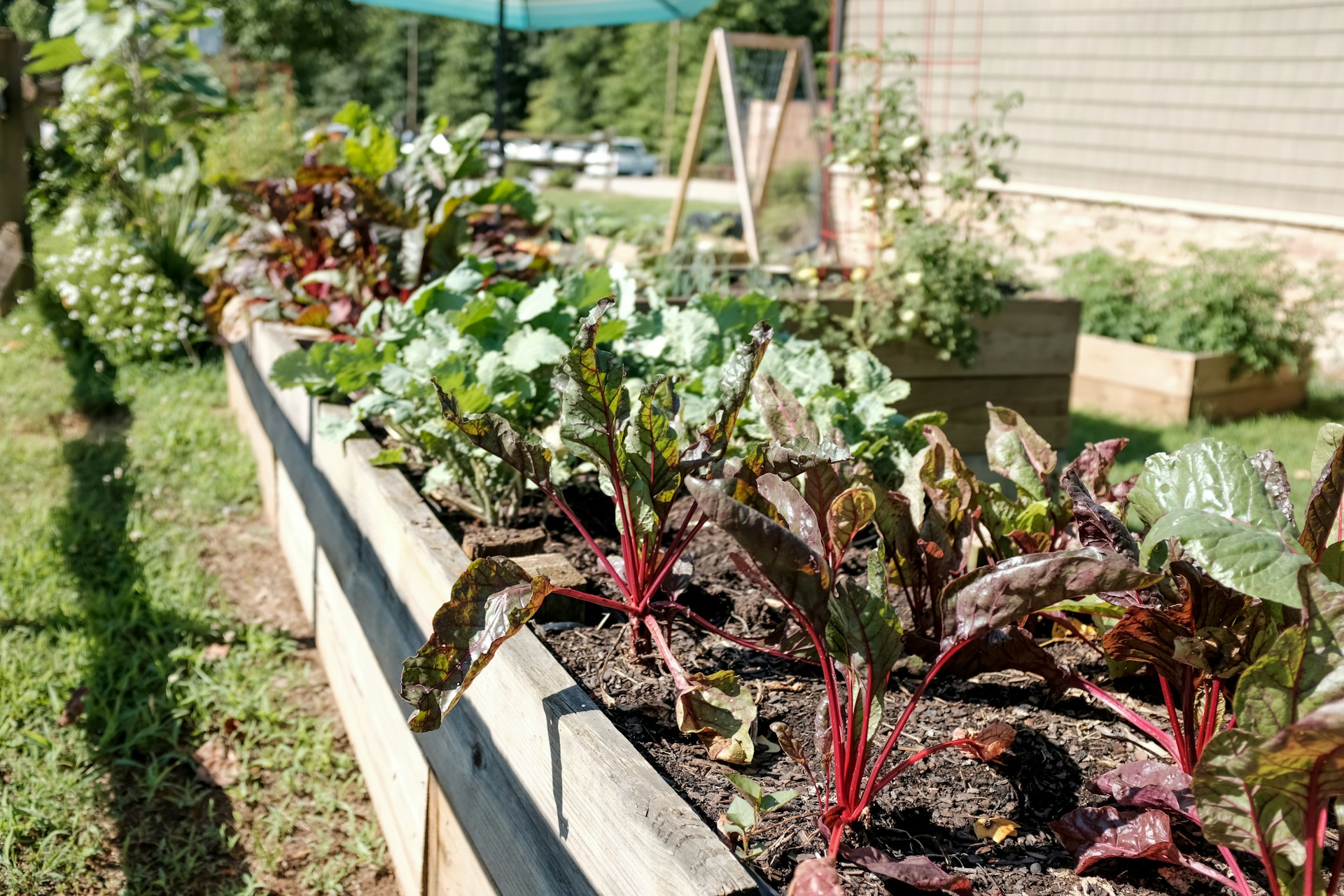 Photo by Jonathan Hanna on Unsplash
Photo by Jonathan Hanna on Unsplash
4. Water Wisely
Watering needs will differ from plant to plant, so learn how to care for them properly before you start planting them. One tip is that you can use drip irrigation or soaker hoses to deliver water directly to the base of the plant, minimizing evaporation and preventing leaf diseases.
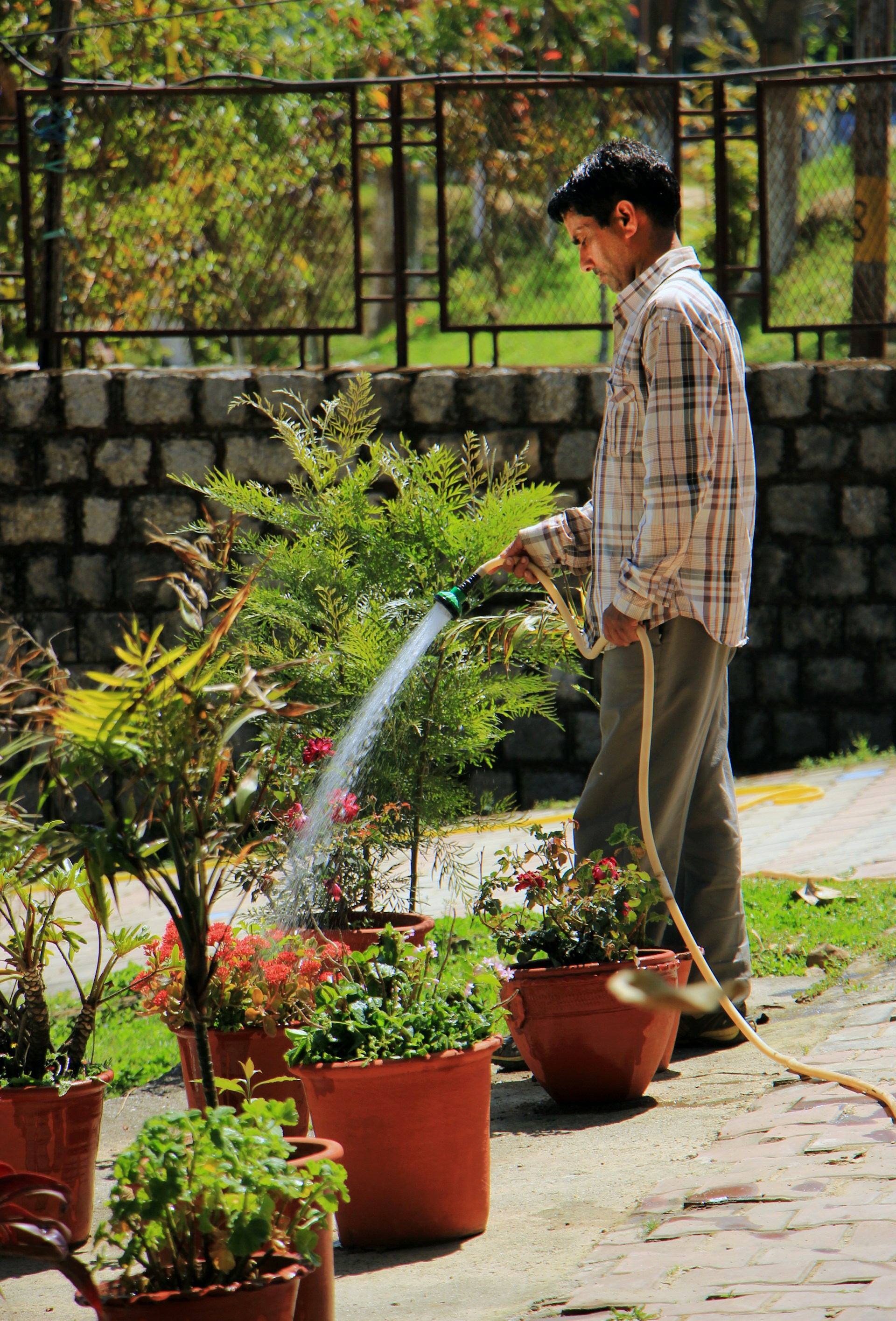 Photo by Manish Sharma on Unsplash
Photo by Manish Sharma on Unsplash
5. Mulch to Retain Moisture
Apply a layer of mulch around your plants to help retain soil moisture, reduce weed growth, and protect soil from erosion. Organic mulches, like straw or wood chips, also add nutrients to the soil as they decompose. It's a simple step that shouldn't be overlooked.
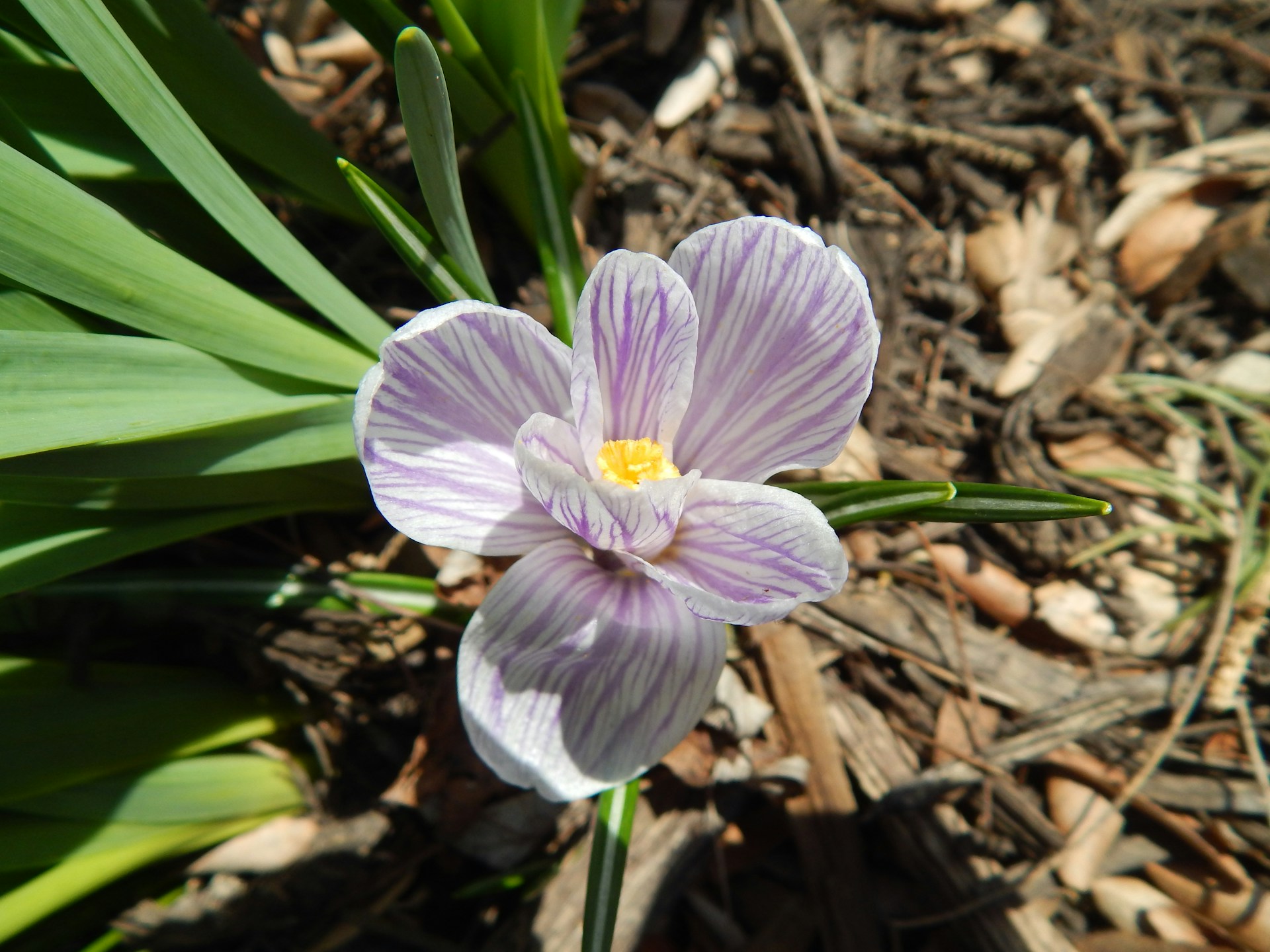 Photo by Josie Weiss on Unsplash
Photo by Josie Weiss on Unsplash
6. Companion Planting
Planting certain plants together can promote growth, deter pests, and enhance flavors. For example, marigolds can repel garden pests, while basil can improve the taste of tomatoes when planted nearby. Do some research to see if your plants have any hidden secrets!
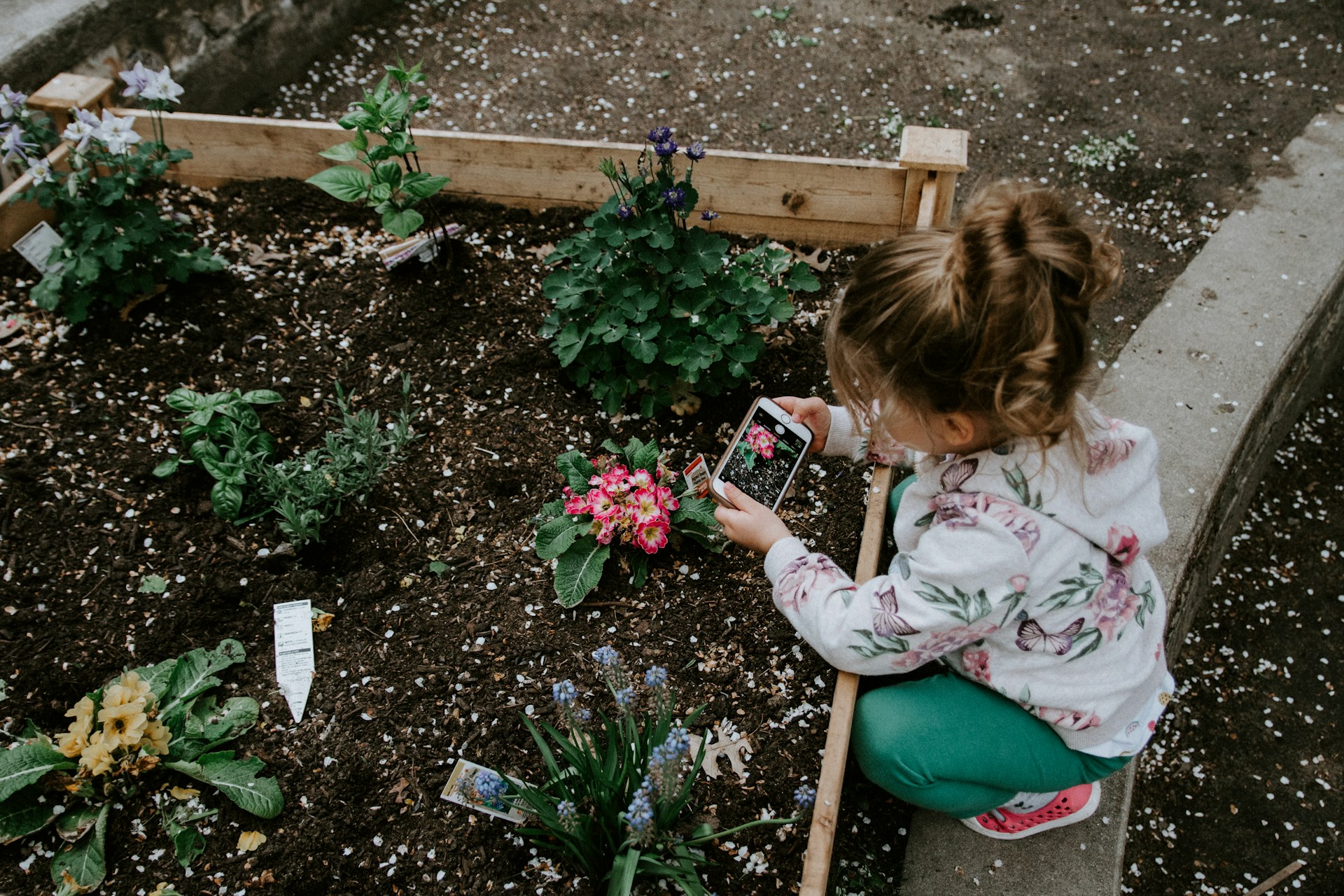 Photo by Kelly Sikkema on Unsplash
Photo by Kelly Sikkema on Unsplash
7. Practice Crop Rotation
Gardening has a lot more to it than just being a one and done job. You should rotate your crops each year to prevent soil depletion and reduce the buildup of pests and diseases. This practice is especially important for vegetable gardens because it maintains soil health and productivity.
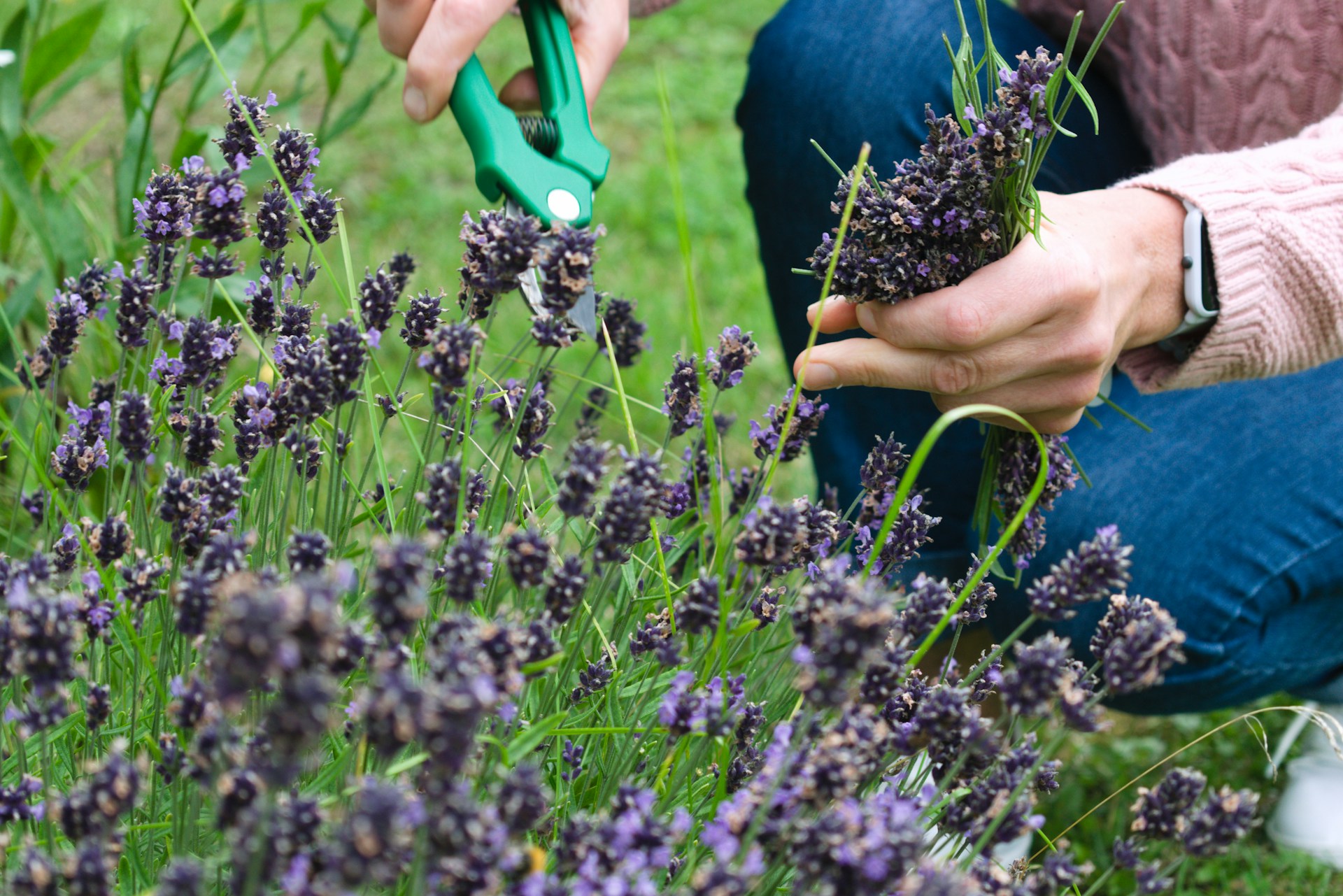 Photo by Kaur Kristjan on Unsplash
Photo by Kaur Kristjan on Unsplash
8. Encourage Beneficial Insects
Look, if you hate bugs, gardening might not be the best for you. You're going to have to learn to accept them! Attracting beneficial insects like bees for pollination or ladybugs for pest control is important in maintaining a natural balance in your garden.
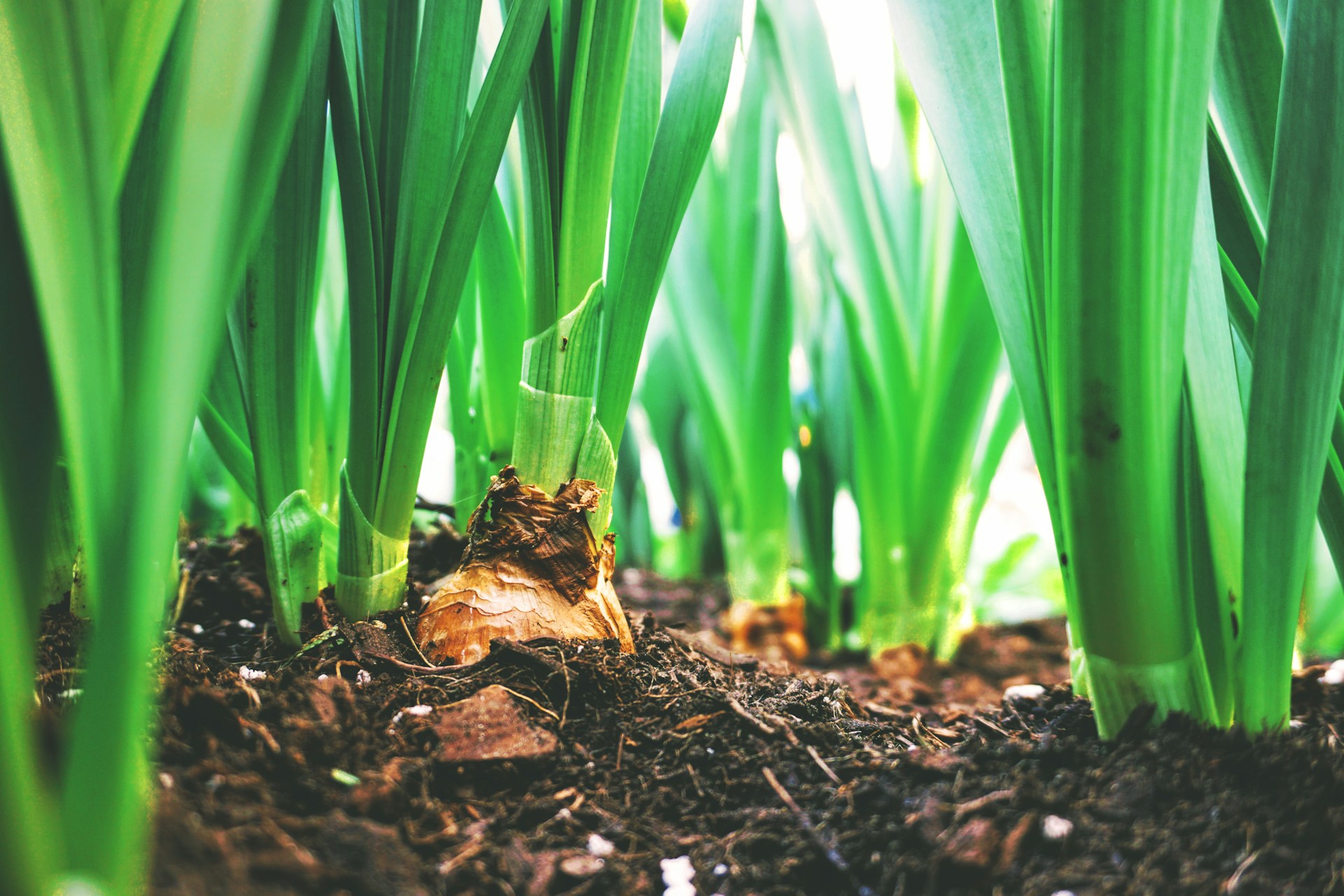 Photo by Maarten van den Heuvel on Unsplash
Photo by Maarten van den Heuvel on Unsplash
9. Regular Pruning
If you notice your garden has a bunch of dead or diseased branches, you might be behind on pruning. Regular pruning is greatly encouraged to improve healthy growth and improve air circulation. This helps prevent fungal diseases and keeps your plants looking their best.
10. Learn from Mistakes
Gardening is a learning process, and mistakes are inevitable. Use them as opportunities to grow and improve. Keep a garden journal to record what works and what doesn't, helping you plan better for next season.


